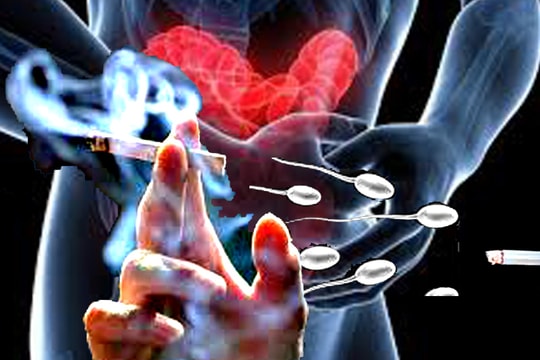Experts reveal how to help you sleep better every night
A good night's sleep not only helps the body recover, but also improves mood, memory and work performance. Experts say that by adjusting just a few small habits before bed, you can completely wake up refreshed every morning.
Sleep is a natural restorative process for the body and brain. However, not all sleep is equally effective. Experts say that an adult needs at least 7 hours of sleep per night, of which about 25% of the time, equivalent to 1.5 hours, should be deep sleep.
During this phase, the brain slows down, heart rate and breathing slow down, allowing the body to regenerate tissue, build muscle, boost immunity and regulate appetite. This is also the time when the brain processes memories and stabilizes mood.

So even if you get eight hours of sleep or more, if most of that time is spent in light or fitful sleep, you may still wake up feeling tired, lacking energy, and having trouble concentrating.
Reasons why you have difficulty achieving deep sleep
A host of factors in our modern lifestyle are quietly disrupting our deep sleep.
Caffeine and alcohol are common culprits. Caffeine has a half-life of four to six hours, meaning that if you drink coffee after dinner, half of the caffeine will still be in your bloodstream by the time you go to bed, making it harder to fall asleep.
Alcohol may help you fall asleep, but it reduces the time it takes to fall asleep deeply and causes you to wake up in the middle of the night.
Electronic devices are also formidable “disruptors”. Blue light from phone, TV or tablet screens inhibits the hormone melatonin, which helps the body recognize “it’s time to rest”. Scrolling through TikTok or watching movies right before bed keeps the brain active instead of relaxing.
Limit stimulation before bedtime: The golden rule for good sleep
According to experts, if you want to improve the quality of your sleep, you need to start by controlling your activities before going to bed.
Avoid caffeine and alcohol at least 4-6 hours before bed. Instead of coffee or beer, you can choose chamomile tea, warm water or hot milk, which help relax the body naturally.
Turn off your screens at least an hour before bed. Instead of scrolling through your phone, try reading a book, meditating, or listening to soothing music, which can help your brain transition into a restful state.
Set limits for yourself. If you have a habit of “late night entertainment”, set yourself a fixed time frame, for example: turn off the TV after 10 pm, avoid using the phone after going to bed.
These small changes, when maintained regularly, will help you fall asleep more easily and wake up more refreshed.
Create the ideal sleeping environment
Your sleep environment plays a bigger role than you might think. A dark, quiet, and cool room is ideal for helping your body reach a deep sleep state.
The ideal room temperature is around 20 - 22°C. Temperatures that are too hot or too cold can disrupt sleep.
Turn off lights and other light-emitting devices, including charging indicators and digital clocks. Even small amounts of light can affect your circadian rhythm.
Keep a consistent sleep schedule. Try to go to bed and wake up at the same time every day, even on weekends. This helps your body clock stay in sync, making it easier to fall asleep and wake up naturally without an alarm.
If you feel sleepy in the evening, it is your body's natural signal to go to bed instead of trying to stay awake to "watch one more episode".
Notes on medicine and health
Certain medications can interfere with deep sleep, such as: Medications used to treat high blood pressure or migraines can reduce melatonin production. In addition, antidepressants or sedatives can also change sleep structure, causing the deep sleep stage to be shortened.
If you are taking these medications and frequently toss and turn or feel tired after waking up, talk to your doctor about adjusting the dose or switching to a more suitable option.
Technology makes sleep tracking smarter
Devices like smartwatches or fitness bands can help you track the length and quality of your sleep. Many now use heart rate and motion sensors to estimate how much deep or light sleep you spend.
While these devices aren't quite as accurate as clinical monitors, they do help you identify trends and habits that affect your sleep, allowing you to make more effective lifestyle adjustments.
Deep Sleep: The Foundation for Total Health
Lack of deep sleep not only makes you tired but also affects your memory, concentration, emotional control and weight. Many studies show that people who regularly lack deep sleep have a higher risk of high blood pressure, diabetes, depression and immune deficiency than people who get enough sleep.
Deep sleep is the natural medicine your body needs every day. When you sleep deeper, your body repairs itself, your brain reorganizes information, and your mood becomes more stable.
In short, getting enough sleep does not necessarily mean good sleep. The quality of sleep, especially deep sleep, is the deciding factor for physical and mental health.
By adjusting your daily routine, reducing pre-bedtime stimulation, and creating an ideal resting environment, you can dramatically improve the quality of your sleep.


.jpg)



